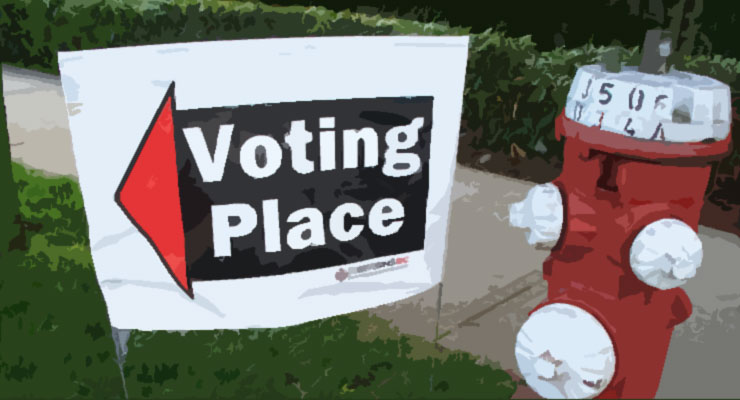 This article by Derek Muller is published by Election Law Blog. Here is an excerpt:
This article by Derek Muller is published by Election Law Blog. Here is an excerpt:
Election subversion is, perhaps unsurprisingly, one of the hottest topics in election law. It’s a term that can apply to many things, but I wanted to focus on one risk: some election administrator or board of elections refusing to certify the results of an election (or, worse, signing some alternative results apart from the results that come to the administrator or board through the ordinary canvassing and recount process).
It’s a topic that crops up time and again in the context of Electoral Count Act reform, as if it’s a novel problem. But this problem actually happens with some regularity (although it is by no means a common occurrence). The solution resides in a simple, longstanding mechanism that state courts routinely enforce: a writ of mandamus.
Mandamus is an instruction from a court to an executive official or board (for purposes of this blog post, at least) to perform a ministerial duty. It is famously the writ at issue in Marbury v. Madison. And it is used to direct recalcitrant officials—including election officials—to perform their ministerial duties.
Continue reading here.
Leave a Reply